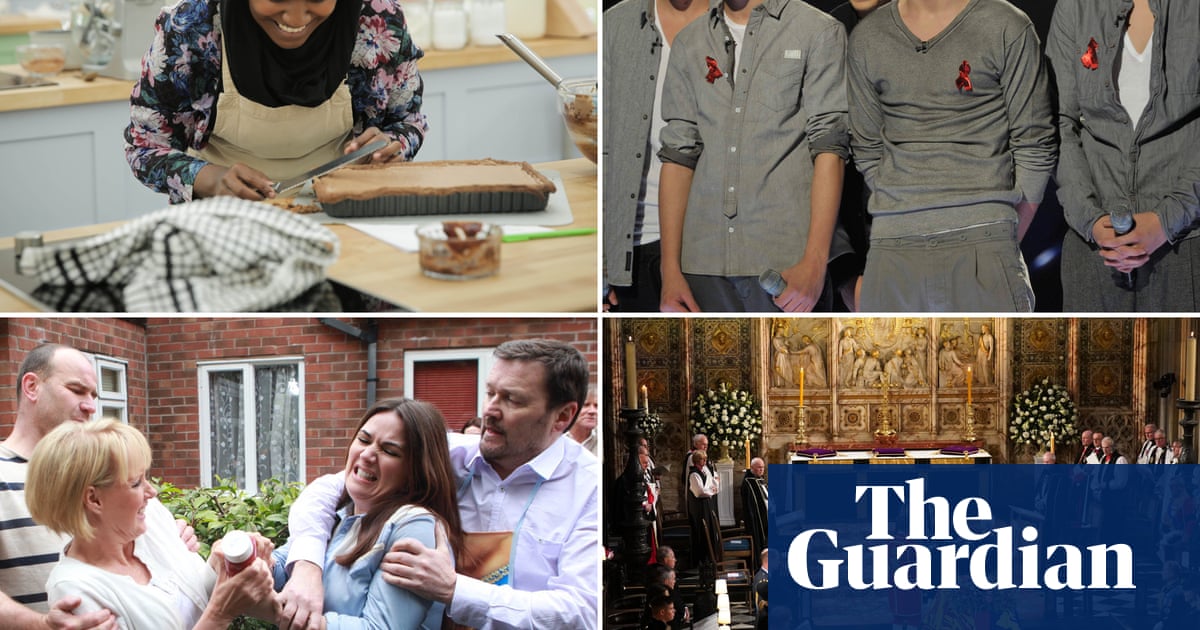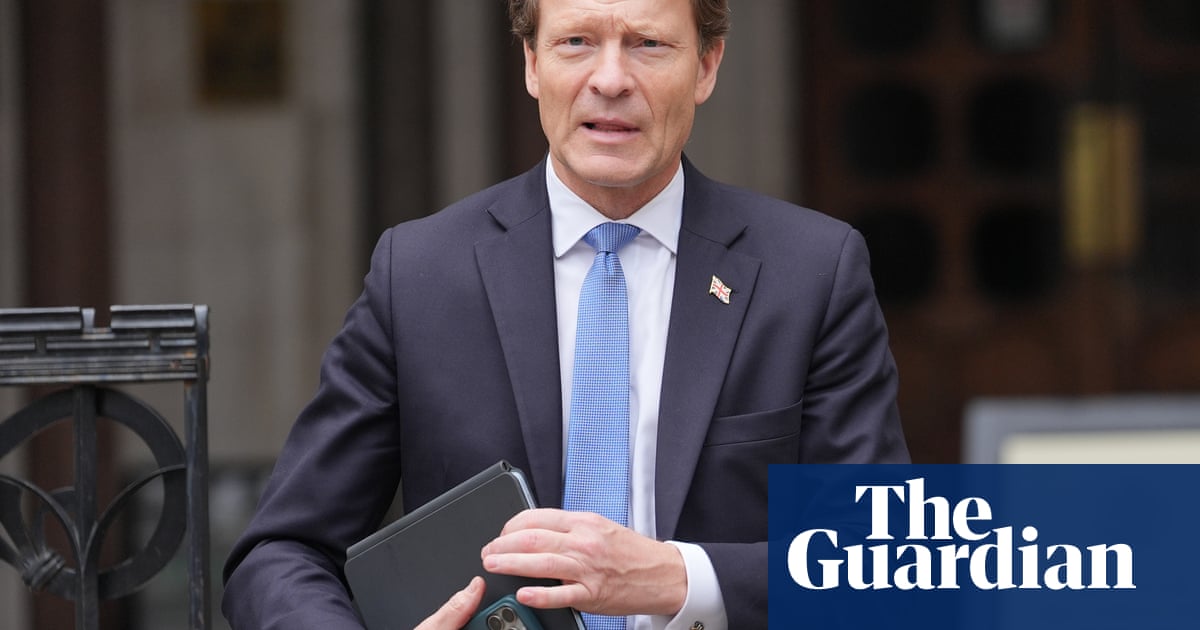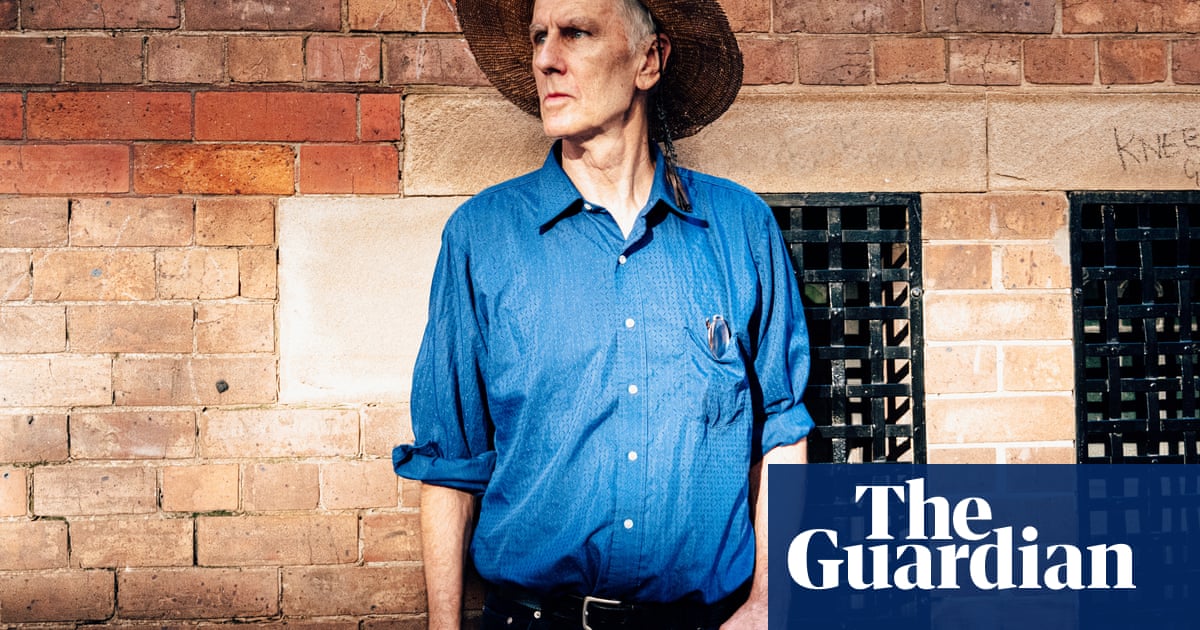Amid all the acrimony surrounding Keir Starmer’s recent remarks on immigration – a row that could follow him into retirement and beyond – there has been one little-examined area of agreement between the prime minister and his critics. “When people come to our country,” Starmer said, “they should also commit to integration.” You may believe that integration is not best achieved by government decree, yet in conversations about what sort of society Britain should be, it has long been generally accepted that integration is a good thing – not just for immigrants but for everyone.
Mixing, empathising and collaborating with people who aren’t like you has benefits, the argument goes, for individuals and the country as a whole. Perspectives are broadened. Inequalities are softened, at least a little. Lives are enriched, and feelings of loneliness and alienation are diminished. Who would want to live in a country without such social exchanges – in other words, in a segregated society?
Actually, it appears that many of us do. For centuries, this country has been synonymous with segregation – by class, education, manners, dress, accents, leisure habits and housing. Since the early 1980s, when Thatcherism began to erase the more integrated and equal postwar Britain, these ancient divisions have been compounded by a further polarisation in incomes and between regions.
“The UK – England in particular – has some of the deepest spatial inequalities … among the OECD countries,” noted the socioeconomic data website the Economics Observatory last year. “These differences have been increasing for over three decades.” Deep segregation also exists within cities, towns and villages. This week, research published by the pollsters More in Common showed that 44% of Britons “say they sometimes feel like they are strangers to those around them”.
Much of modern life seems to be about separation: wearing headphones in public, driving cars with tinted windows, looking at your phone rather than people around you. The wealthy seem especially keen to distance themselves from other Britons, minimising their taxes, choosing private schools and private healthcare, and living in enclaves behind electric gates and entry phones, high up in towers or down private roads.
In his immigration speech last week, Starmer said he wanted Britain to be “a nation that walks forward together”, which acknowledged “the obligations we owe to one another”. This wish may be genuine. Some of his policies, such as abolishing the non-dom tax status, removing some inheritance tax privileges from farmers, imposing VAT on private school fees and partly equalising the balance of power between employers and employees, can be seen as efforts to create a more cohesive country. The fury of some of those affected by these modest adjustments to the established order reveals just how entitled they feel to separate treatment.
Yet it’s striking that despite these welcome reforms, the government, like most of its British predecessors, rarely if ever tells elites to integrate more with the rest of society. Nor does Starmer criticise other Britons with separatist tendencies, such as white voters who move out to the suburbs from multiracial urban areas, or long-established rural residents who don’t welcome incomers. Instead, the integration lecture is reserved for immigrants.
Patronisingly, this approach ignores the fact that immigration is by definition an act of integration: you are in effect blending your original national identity with one of another country. Even if you don’t try very hard to learn the language or meet the locals – a narrow-mindedness not unknown among British expats, as this country likes to euphemistically label its emigrants – you are sharing the same weather, built environment, natural landscape and social and political context as your new neighbours, and a gradual blurring of boundaries usually results. Immigrant communities rarely remain totally inward-looking and monocultural for long. Often, they start mixing with locals from day one – either because they want to, or because they have to.
Having spent most of his adult life in multicultural British cities, Starmer must know this. “Migration is part of Britain’s national story,” he said last week. Britain is “a diverse nation”, he also said, “and I celebrate that”. The great immigrant integration panic, like the fear and hostility towards immigrants in general, is partly a reaction to social frictions and dislocations that rarely happen – or at least not on the scale claimed or imagined by socially conservative voters, journalists and politicians – in places where most immigrants to Britain actually live. As in other policy areas, Labour is doing itself no favours, politically or morally, by trying to legislate in ways that satisfy the British right’s gloomy and distorted view of the modern world.
In recent years, with immigration at unusually high levels, the government has published an annual “community life survey”, measuring how Britons view their neighbours and neighbourhoods. Its findings have consistently been more positive than much of the media or this week’s downbeat More in Common poll would lead you to expect. According to the latest survey, “81% of adults definitely or tended to agree that their local area is a place where people from different backgrounds get along well”. Since 2013, that figure has never fallen below 80%. Despite all modern Britain’s divides and disorienting social shifts, for most of us, Starmer’s “island of strangers” does not yet exist.
One hot afternoon last summer, I was waiting for a bus in King’s Lynn in Norfolk, a usually Tory constituency that voted for Brexit by two to one, when I wanted a cup of tea. The first, traditional tearoom I tried in the town had closed early, so I followed a small cafe sign next to the bus station into an unpromising-looking, windowless building. Inside, to my surprise, was a classic Portuguese bar, with dusty Portuguese football scarves hanging from the ceiling and elderly Portuguese immigrants drinking dark Portuguese liqueur from tiny glasses. The bar felt both foreign and, in its confident approach to cultural difference, quite British.
Were the bar staff and their customers completely integrated with the rest of King’s Lynn? On the basis of a brief visit, it was hard to say. But they made a very good cup of tea.
-
Andy Beckett is a Guardian columnist
-
Do you have an opinion on the issues raised in this article? If you would like to submit a response of up to 300 words by email to be considered for publication in our letters section, please click here.

 6 hours ago
3
6 hours ago
3

















































